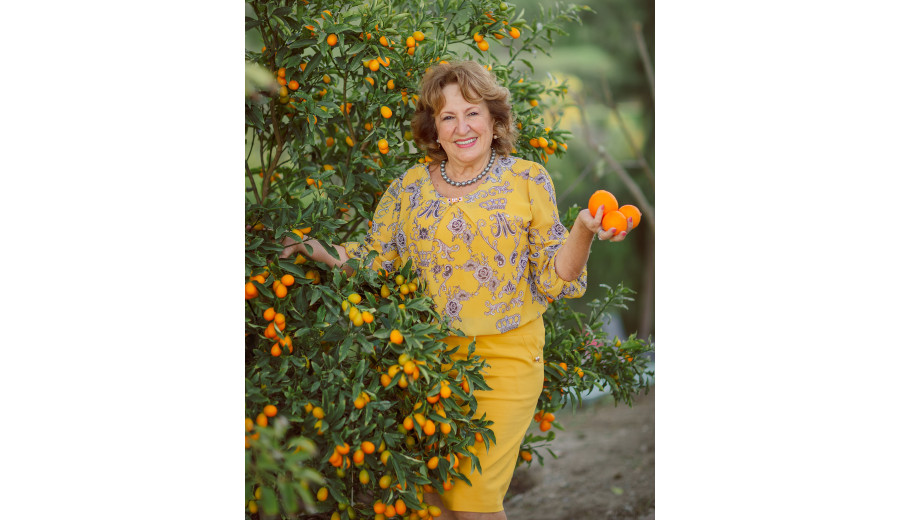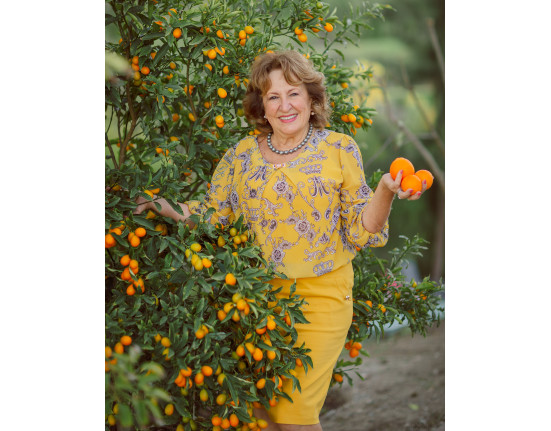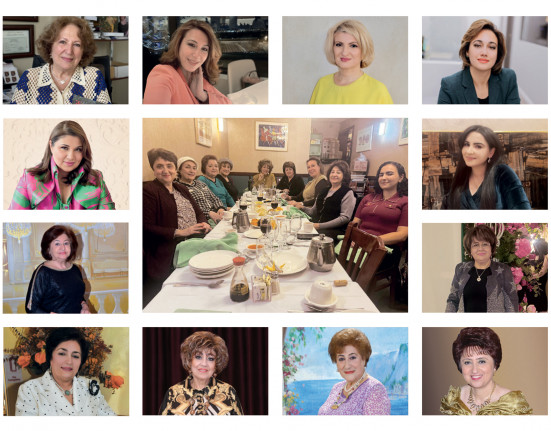Дорогие читатели, в преддверии очередного Конкурса «Человек Года – 2020/2021», где основным критерием номинаций служит бескорыстное служение своему народу, своей общине, я продолжу тему свободы выбора жизненной позиции, начатую в предыдущем номере журнала: «Счастлив тот, кто выбрал цель и путь, и видит в этом жизни суть».
Я достаточно часто пишу о благотворительности и взаимовыручке, как об одних из наиболее человечных поступков. Ведь помочь другим – это благородно с точки зрения нашего современного понимания добра и заботы. Но совсем недавно я наткнулась на очень интересные (по крайней мере, для меня) факты из далекого прошлого, которые не просто говорят об этом человеческом качестве, но и объясняют его научными наблюдениями из жизни, считая это проявлением цивилизованного образа жизни человека, как существа социального. И я хочу поделиться этим с вами, дорогие читатели.
Помощь ближнему – это шаблонная фраза из духовных практик, дело совести или жизненная необходимость? На этот вопрос отвечают многие ученые и среди них известный натуралист Чарльз Дарвин. А наш собственный опыт подтверждает их правоту.
Почему нам важно помогать другим? И почему вспоминаем теорию Дарвина, где по большому счету, только две мысли – что выживает сильнейший и что люди произошли от обезьян путем эволюции. Ни подтвердить, ни опровергнуть идею «обезьяна – наш общий предок» мы не будем даже пытаться. А вот насчет того, что в борьбе за выживание всегда побеждает самый зубастый, мускулистый и агрессивный, мы несколько ошибаемся.
Сам Дарвин делал акцент на немаловажном факте: лучше всего приспосабливались к непростым условиям не те наши предки, которые были сильнее. Выживали и слабые, и даже больные, но только при том условии, что они учились действовать сообща, помогая друг другу во благо всей общины. «Те общества, – писал он, – которые будут заключать наибольшее количество членов, наиболее симпатизирующих и помогающих друг другу, будут и наиболее процветать и оставят наибольшее количество потомков». И наша способность считывать эмоциональное состояние других людей, которым надо помочь – механизм, заложенный природой.
А много лет назад антрополог Маргарет Мид как-то спросила студентов о том, что они считают первым признаком цивилизации. Студенты ожидали, что Мид расскажет о рыболовных крючках, глиняных горшках или обработанных камнях. Но нет. Мид сказала, что первым признаком цивилизации в древней культуре является бедренная кость, которая была сломана, а затем срослась. Мид объяснила, что если живое существо в царстве животных ломает ногу, то оно умирает. Со сломанной ногой оно не может убежать от опасности, добраться до реки, чтобы напиться или охотиться за едой. Оно становится добычей для хищников, поскольку кость срастается довольно долго. Когда же бедренная кость была сломана у человека, а затем срослась – это доказательство того, что кто-то потратил время, чтобы остаться с тем, кто получил это повреждение, перевязал раны, перенес человека в безопасное место и охранял его, пока тот не восстановился. По словам Мид, помогать другому человеку во время трудного периода – это тот поступок, с которого начинается цивилизация.
Психологи и социологи приводят еще множество аргументов, что люди – это социальные существа, живущие в цивилизованном мире. И факт остается фактом – для эмоционального и физического здоровья нам нужно принадлежать к общине, и ни одна из них не может процветать без благотворительности, взаимопомощи и волонтерского движения. Этим проникнута вся наша жизнь, все её плюсы и минусы, политика и экономика, культура, наука и духовное развитие. Реальная помощь – это не обязательно шумиха и непомерное самопожертвование. Именно наша многочисленность может сделать так, что маленький вклад приносит ощутимый результат. Поддерживая кого-то, мы помогаем не только ему, но и себе. Нам очень важно ощущать принадлежность к чему-то большему. И многие ученые утверждают: людям на самом деле хочется делать добро. Быть хорошими, несмотря ни на что. По мнению нейробиологов, как бы эгоистично мы порой ни вели себя, именно вера в собственную «хорошесть» поднимает нашу самооценку. И это осознавание, безусловно, очень приятно.
И в заключение, 1 июня приглашаю всех желающих прийти к нам на праздник в Da Mikele Illagio, чтобы признать заслуги перед нашей общиной победителей Международного Конкурса «Человек Года – 2020-2021» – тех, чья общинная активность приносит ощутимый результат.
Главный редактор доктор Зоя Максумова
(Май 2022, "Женский Мир" № 251)




















